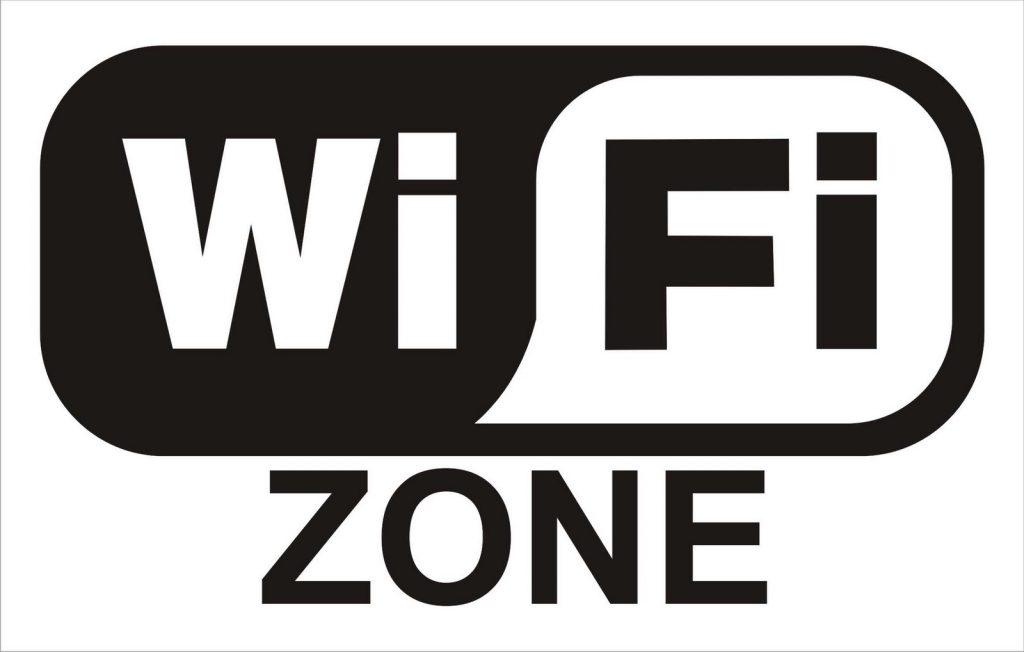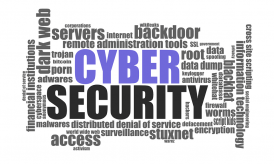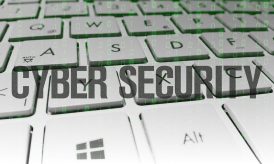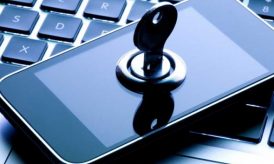Everything we do online is becoming more and more user friendly, allowing people with a malicious intent to take advantage of others. Online safety should be taken seriously, as it may save you from having to spend months attempting to clear up your name due to identity theft.

Today we will talk about 10 facts about public Wi-Fi and how to protect you as a person from fraudulent online crimes.
Secure Connections
One of the most popular forms of Wi-Fi scamming is setting up fake connections or as I call them luring networks. These can be simple and placed within vicinity of restaurants to fool users into connecting. Once you connect, you are now vulnerable and may have information stripped from your system freely, as the provider could be an experienced hacker. Names for these lures vary, but they usually have names like “Open Network” or “Free Café Wi-Fi,” or something you would commonly find.
A great way to avoid these types of scams would be to ask the restaurant itself or hotel if that is for sure the correct network information before connecting yourself.
Privacy Invasions
Having connected to the correct network, you can still have your connection broken into by other users. Take a second to look over the situation; if you are connected to hotel Wi-Fi, you might be sharing the same network as 3-4 dozen other people. If there is one bad egg in the bunch you might find yourself falling victim to a hacker or malware. If someone with the intention to steal wanted to, they could have your system compromised in minutes. Make sure your connections are SSL encrypted for a higher safety rate.
Bringing your own broadband adapter can also add a layer of security when traveling. Solid connections are harder to break into and can give you the advantage over all the users still using Wi-Fi.
Virtual Private Networks
The potential of this program is out of this world; imagine becoming invisible on a network with dozens of connected users. Not only can it make you untraceable, but it can also encrypt all the information that goes into and out of your system. It is highly recommended by the online community to use a virtual private network when traveling and having to be connected to multiple public networks that might not be SSL secured.
Another benefit when using a virtual private network, especially when traveling, is the ability to bypass country censorship and administrative restrictions. Some Wi-Fi provider’s block sites, and it might be something you need, the VPN has no problem getting around these barriers.
HTTPS Encrypted Sites
I have been asked many times how to tell if a site is HTTPS secure and what it means. This can be a simple subject, just by taking a look at the address bar you will see the URL; if it starts with HTTPS, you know you are surfing a safe and verified website. There are ways of making this easier on you and that’s with the Google Chrome browser, as it supports visual icons that let the user know what is secure and what’s not. With the Chrome browser you can search the address bar for a green lock that will let you know it is safe to surf.
Attempt to stay off all unsecured HTTPS websites on non SSL encrypted public networks or without security. Otherwise, these can lead you to contract malware or run into malicious activity that can target your computer directly.
ANTI-VIRUS
Having the extra layer of security that an anti-virus provides your public Wi-Fi experience will be even sweeter. Some of the best features are the notification system when any malicious activity is upon you and the updates that help fight even the newest threats. Each program boasts about their unique features as some might be great for gamers and others for more of a formal use. It is recommended to have an anti-virus running when unsure of the connection alongside your virtual private network for a more reliable experience.
Firewall Safety
Firewalls can be pretty messy and, as many users know, a real pain in the butt to set up correctly. Fortunately the basic operating system offers a great firewall free of charge and has a lot of support from the online community with guides and video tutorials. Taking the time to set one of these up can provide you with a low tier security that can warn you about certain websites or downloadable content that may be infected with a virus.
A correctly set up firewall can work great with the other security programs we talked about. One of the biggest benefits is that it does not slow down your system whatsoever when in use, so you don’t even know it’s there.
Idle States
Leaving your computer idle in public can be a great way to get hacked without you even being there to read the notifications your programs might be sending you. This is leaving an open door for a possible intruder. It is highly recommended to shut your Wi-Fi settings off when no longer using the pc.
While you are at it, when roaming, it is best to shut off Bluetooth and other File Sharing options. If you do not know how to access these setting, you can find specific guides online that can help you in the matter of minutes.
Mobile Devices
Being on the go with a mobile device can be a bit tricky, as they do not provide proper security to keep your data safe from hackers. When connected to an unsecured public network you run the risk of connecting to unsecure HTTPS websites, as mobile devices cannot display this.
Staying away from banking sites and micro-transaction pages would be ideal when using mobile devices. If you must perform sensitive transactions on your mobile device, use a mobile VPN to mask information and lower the chances of being hacked.
Emails & Core Information
For some people, their emails contain vital information about their life. This can consist of pictures, accounts, videos, and even contact information. When connecting to public networks it would be wise to stay away from emails, as leaving yourself logged in could get you into a lot of trouble if the next user is mischievous.
Cloud System
When traveling, saving all your important information on the fly is a must. Having a cloud system will allow you to make quick and safe transactions on public networks. If you currently do not have any forms of security, the cloud systems are on the safer side and maintain themselves to fight off the most recent threats the internet has to offer. I treat cloud systems as a safe, storing anything that is of importance to me.
I hope you can learn few things from this article and become that much closer to an online security guru. Taking the time to put these methods into action can prevent possibilities of identity theft or just malicious bugs being placed onto your computer.















